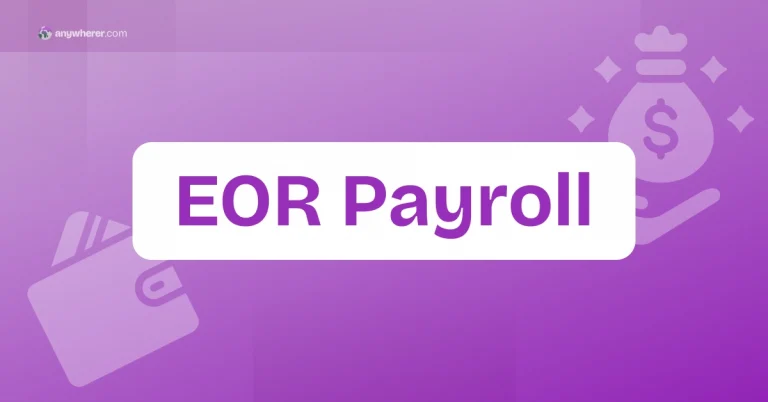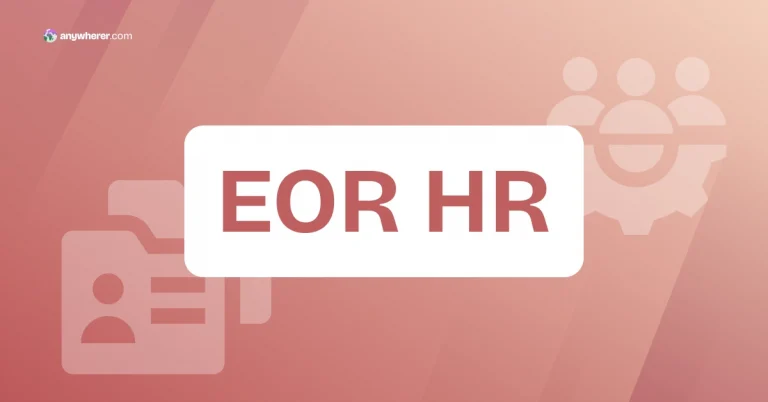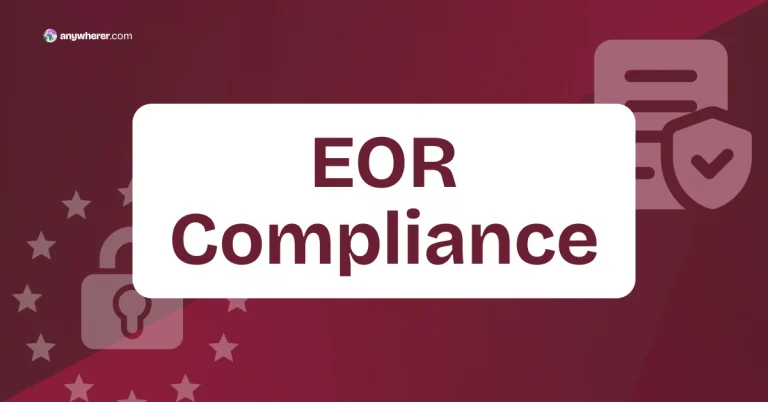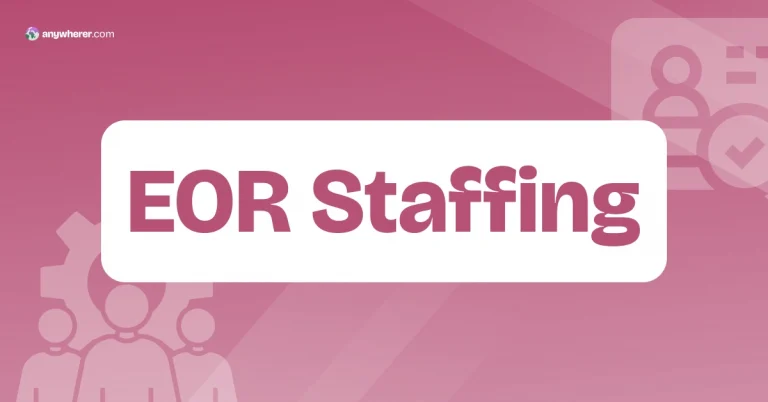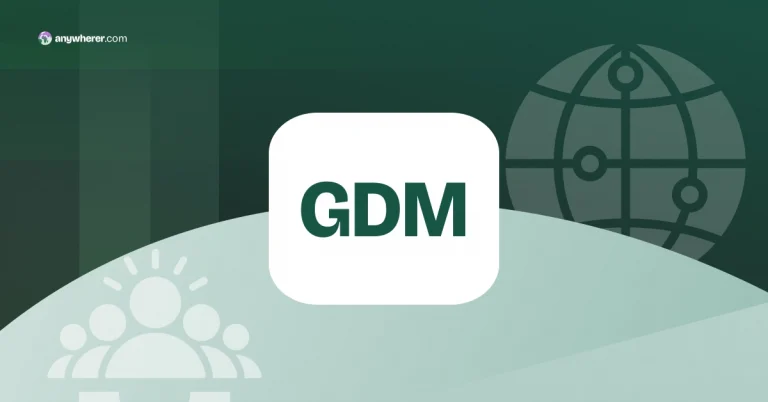Customer expectations aren’t slowing down — and for businesses, that means finding smarter ways to stay responsive without losing focus. One proven solution? Customer service business process outsourcing, which lets companies hand off support tasks without sacrificing quality or control.
Customer Service BPO Essentials
BPO customer service is basically when you bring in an outside team to handle your customer support. Instead of managing every message or call yourself, you let a trusted provider step in and take care of it, whether it’s emails, chats, social media, or phone calls.
The global BPO market is set to grow nearly 10% each year through 2030, driven largely by businesses looking to outsource their customer support. Take healthcare, for example — in recent years, healthcare customer service BPO has been a lifeline for providers trying to offer better, faster help to patients when it matters most.
BPO customer service meaning can hardly be measured in general numbers or terms. However, it brings value to each specific case it is used for, since this approach is used across industries. Startups use it to avoid the cost of building in-house teams too early. E-commerce platforms rely on it during high-volume seasons like holidays or flash sales, while SaaS companies often turn to BPO for 24/7 global coverage.
What Is Customer Service in BPO?
It’s the process of transferring support functions — like answering questions, solving issues, and processing returns — to trained external agents who act as your brand’s front line.
For a deeper dive into outsourcing fundamentals, here’s a useful read on what is BPO and how does it work.
How Does Customer Service BPO Work?
The process usually starts with a business identifying its support needs. Basically, answering the question, what is BPO customer service for their company? Are they looking for full customer service coverage? Just ticket overflow? While finance and accounting business process outsourcing may differ from the same services for IT or real estate, the algorithm is pretty much similar.
Here’s what a typical BPO engagement looks like:
- Businesses define support channels, volumes, and customer expectations.
- Then choose BPO companies based on experience, tools, and cultural alignment.
- The provider trains their agents on company policies, tone, FAQs, and internal systems.
- The service launches with a phased approach, usually supported by KPIs and feedback loops.
Even after launching customer service in BPO, companies usually stay involved. They monitor performance, provide regular updates, and adjust scope as needed. The result is a collaborative setup where the BPO provider acts as an extension of the internal team.
BPO Customer Support Benefits That Make a Difference
One of the strongest arguments for using business process outsourcing customer service is flexibility. Companies can grow or shrink support capacity without constantly hiring or laying off staff. This is especially valuable in industries with seasonal demand or unpredictable surges in volume. For example, entertainment customer service BPO is most often used when there are some contests, promotions or open voting for the show.
Another major win is access to trained professionals. Rather than spending time and money recruiting in-house agents, companies gain immediate support from teams that already know industry-standard tools like Zendesk, Intercom, or Freshdesk. This is also one of the reasons why ecommerce customer service BPO is so common now.
Some of the core benefits of customer support BPO include:
- Streamlined time-to-hire: you can easily expand coverage during peak periods or product launches.
- 24/7 availability: you’re able to meet customer expectations in any time zone.
- Multilingual support: serve global markets without needing a local office.
- Cost efficiency: you get lower overhead costs compared to in-house hiring.
- Faster ramp-up: customer service and BPO teams can be trained and onboarded quickly.
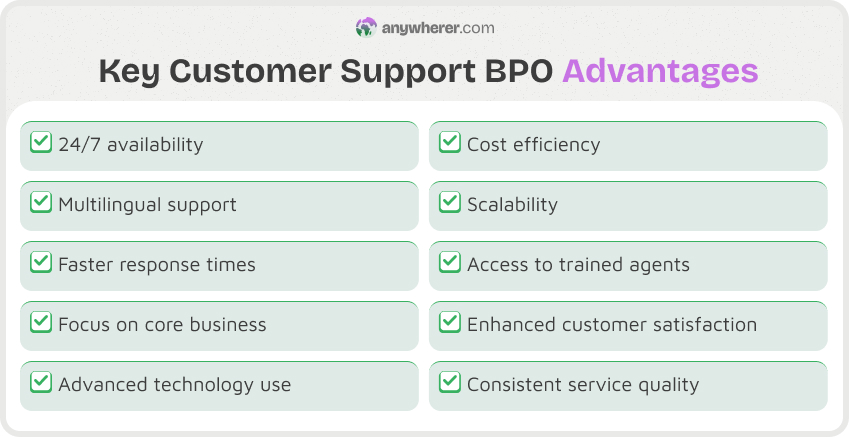
At the heart of it, outsourcing your customer support isn’t just a way to cut costs or get through more calls — it’s about creating moments where your customers feel heard and cared for.
Business Process Outsourcing Customer Service Limitations
While BPO offers many advantages, it’s not without potential drawbacks. Some companies worry about losing control over customer interactions. After all, outsourced agents don’t sit in your office or attend internal product meetings — they rely on what you train and share.
Another concern is inconsistency in communication style or cultural nuances. If not properly managed, this can lead to misaligned messaging or reduced customer satisfaction. This may be especially crucial for customer service BPO for travel industry.
One more thing to think ahead is costs. Sometimes, BPO fees cross out all the benefits of cooperation; carefully choose a company that meets not only your requirements for specific services, but also your budget
However, most problems stem from a lack of planning or poor onboarding. Businesses that take time to set expectations and establish regular check-ins often avoid the most common pitfalls.
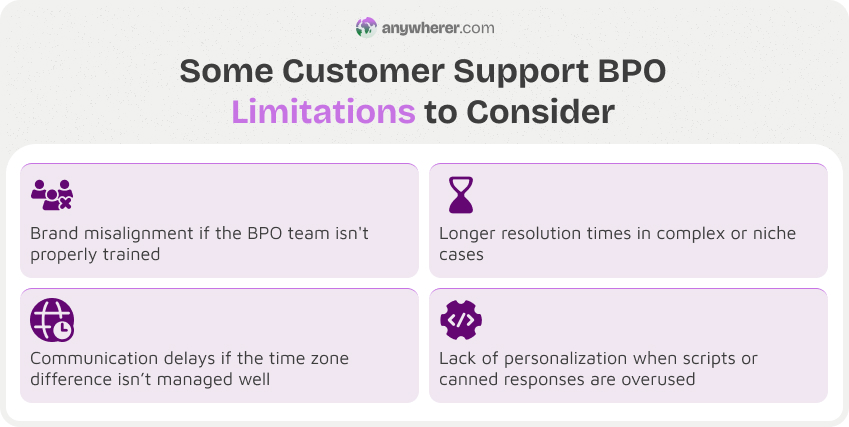
These can often be avoided with clear communication protocols, performance tracking, and ongoing collaboration.
What Is Good Customer Service in BPO: Key Takeaways
Customer service BPO is more than a cost-saving move — it’s a strategic tool for companies that want to scale smartly. It allows teams to stay lean, expand support capabilities, and remain responsive to customers without overwhelming internal resources.
Still, success depends on choosing the right provider. Industry expertise, onboarding depth, and long-term collaboration make the difference between great and average results.
FAQs About BPO and Customer Service
What types of customer support can be outsourced?
Support via phone, email, live chat, social media, and ticketing platforms can all be managed by external BPO teams.
Is customer service BPO only for large companies?
Not at all. Many startups and mid-sized businesses can cooperate with customer service BPO companies to stay agile and reduce hiring costs.
How to choose the right BPO provider for customer support?
The truth is, there are no best business process outsourcing customer support providers that will fit everyone. But you can pick the best for your needs. Start by identifying your must-haves: industry knowledge, language capabilities, platform expertise.
How much does customer service BPO typically cost?
It depends on your needs: channel volume, complexity, time zone coverage, and more.
What’s the difference between call center outsourcing and full customer service BPO?
Call centers usually focus on phone-based support only. Customer support BPO outsourcing services cover a broader range of channels, reporting, and often include strategic input on customer experience.
Discover how BPO customer service can streamline your support and scale with your growth.

Yaryna is our lead writer with over 8 years of experience in crafting clear, compelling, and insightful content. Specializing in global employment and EOR solutions, she simplifies complex concepts to help businesses expand their remote teams with confidence. With a strong background working alongside diverse product and software teams, Yaryna brings a tech-savvy perspective to her writing, delivering both in-depth analysis and valuable insights.

